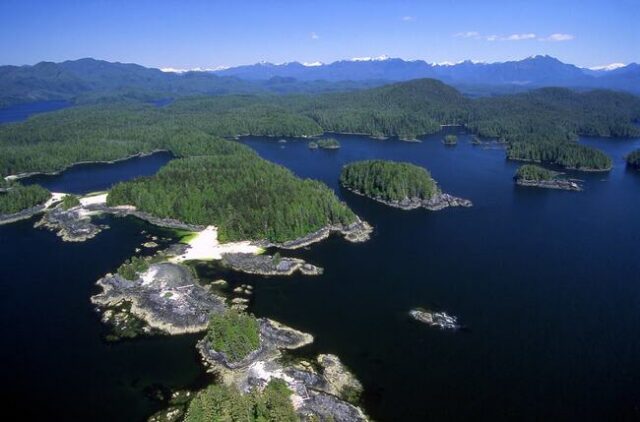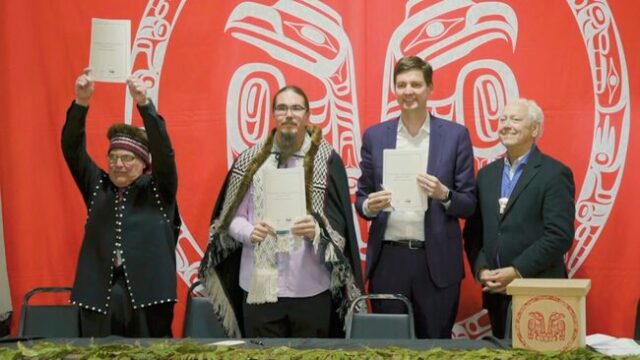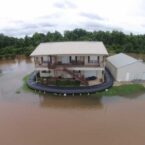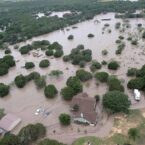
In a historic milestone, the government of British Columbia has officially recognized the ancestral ownership of 200 islands nestled along the picturesque west coast of Canada, conceding their rightful belonging to the Indigenous Haida Nation. Termed as the “Xhaaidlagha Gwaayaai” or the “islands at the end of the world” by the Haida, this acknowledgment signifies a profound departure from conventional negotiations between First Nations and the Canadian government. Rather than a gesture of concession, this agreement underscores the enduring reality that these lands always belonged to the Haida—a subtle yet profoundly significant shift in the dynamics of indigenous land rights negotiations.

BC Premier David Eby hailed the treaty as a long-overdue step towards reconciliation, one that will pave the way for the responsible management of over half a million hectares of land by the Haida people. The agreement, while granting autonomy over the islands to the Haida, maintains the integrity of essential services such as postal service, shipping lanes, and local governance. Minister of Indigenous Relations of BC, Murray Rankin, emphasized the importance of this landmark agreement, highlighting the creativity and courage it took to forge a path towards a better future for both the Haida people and the broader community. This departure from traditional courtroom battles sets a new precedent, demonstrating a commitment to recognizing indigenous sovereignty and fostering collaborative solutions for land disputes across Canada.














